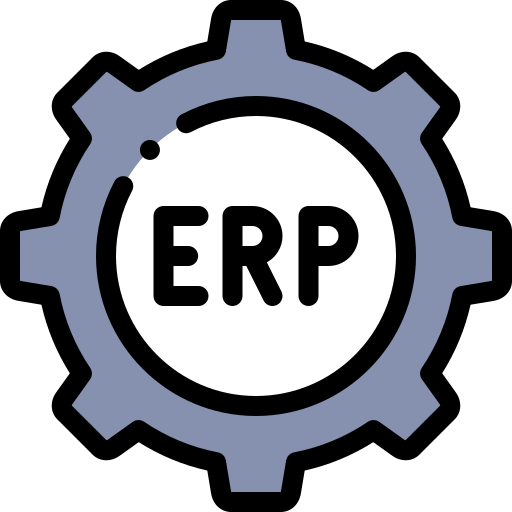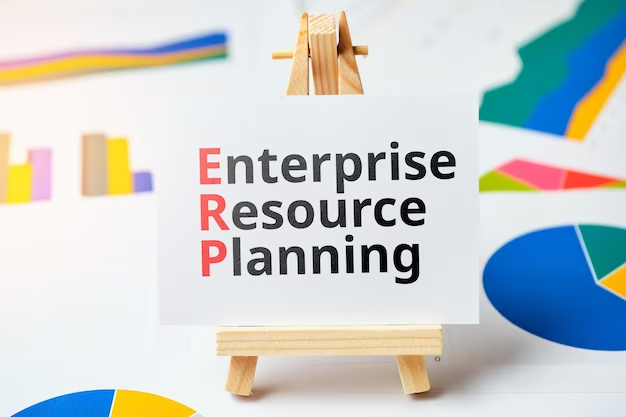How to Know You Need An ERP?
You use spreadsheets and/or Access databases to run much of your business or You want to become ISO certified or You have more than five employees and plan to grow.
Cloud-based integration
it is considered to be the most popular type of ERP solutions implementation.Companies choose the ERP systems from the third-party ERP vendors that maintain them during a particular period of time. That decreases some costs as the companies don�t need to hire additional IT specialists for maintaining the systems.
On-premise integration
ERP solutions are inserted in an in-house data center and you need to hire IT specialists to maintain it. ERP software is installed inside the organization only so you have full control of this system as you have a license.
Hybrid integration
A hybrid type of integration embodies the two other types � cloud-based and on-premise. It mostly suits a particular business niche and large companies. This type provides data recording on the company�s hard drives as well as clouds.

Drive optimal performance withTasca ERP.
With solutions that integrate artificial intelligence (AI), you�ll access insights that enhance your decision making and reveal ways to improve operational performance going forward.
Accelerate operational impact. By connecting processes and data, you�ll bring more visibility and flexibility to employees to help them take action quickly and deliver more value across the business.
Ensure business agility. Many ERP solutions are built to adapt to your needs and grow with you, helping you proactively prepare for-and readily respond to-any operational disruption or market change.
View DemoA platform for business process efficiency
ERP applications automate and support a range of administrative and operational business processes across multiple industries, including line of business, customer-facing, administrative and the asset management aspects of an enterprise.
GEAT A QUOTE
ERP modules
Accounting
ERP accounting features deliver the ability to track, store and analyze financial data, such as accounts payable (AP), accounts receivable (AR), general ledger (GL), budgets and forecasting.
Customer Relationship Management (CRM)
ERP systems with integrated CRM features bring customer relationship data into the mix, expanding the view of the business. All customer information-including contacts, order history, purchase orders and prospect status.
Sales and Marketing
ERP systems with integrated CRM also benefit marketing and sales teams by making it easier for them to sell, upsell, generate quotes and purchase orders, forecast, manage commissions and track key details like profit margins and ratios.
Human Resources (HR)
The HR component of an ERP system acts as an end-to-end employee management platform, handling payroll, hiring, onboarding, compensation management and timekeeping.
Supply Chain Management (SCM)
ERP systems offer insight into a company�s supply chain management (SCM) efficiency by tracking demand, inventory, manufacturing processes, logistics and distribution. A fully automated and integrated supply chain enhances operations by suggesting purchase orders, work orders and transfer orders across multiple locations.
Manufacturing
ERP as a function got its start in manufacturing. Today�s systems create efficiency in manufacturing processes by assisting with product planning, sourcing raw materials, production monitoring and forecasting. Other components include modules for assembly management, bill of materials, work order management, shop-floor control.
Tracking and Visibility
ERP platforms allow companies to track, surface and understand business metrics�a powerful feature. They do this by facilitating companywide access to near-real-time data.
Service
Service module of an ERP system assists organization to respond promptly both in respect of internal and external customers and gain valuable management data which helps in retaining customers as well as improve internal operation of the organization.
Ready To Get a Quick Quote?
Knowledge and Numbers
The most scalable type of ERP system is considered to be cloud-based integration. Besides the vendor taking part in your company�s performance, cloud-based integration suits large companies and small that are going to expand.
Customer relationship management systems are implemented to manage customer services and experience. ERP systems are used to automate and optimize business processes and department collaboration.
The total cost of ERP implementation varies and depends on the range of functions it will have. To choose these features, you need to define your company`s requirements and build the right strategy for integrating ERP in the work processes accurately.
ERP software is a business intelligence solution that helps manage the operations of an organization. ERP systems are used by different industries to streamline their operations. One such industry is the Manufacturing sector. It uses ERP systems to manage its property, staff, and inventory efficiently.
Like all software solutions for business, ERP systems have a particular range of functions and features that suit the chosen business industry and the company�s needs. You can discuss your requirements to implement in your company with our Business Analyst to find out the necessary functions and their estimation.
We will develop ERP software for your business from scratch or help scale the existing ERP.







